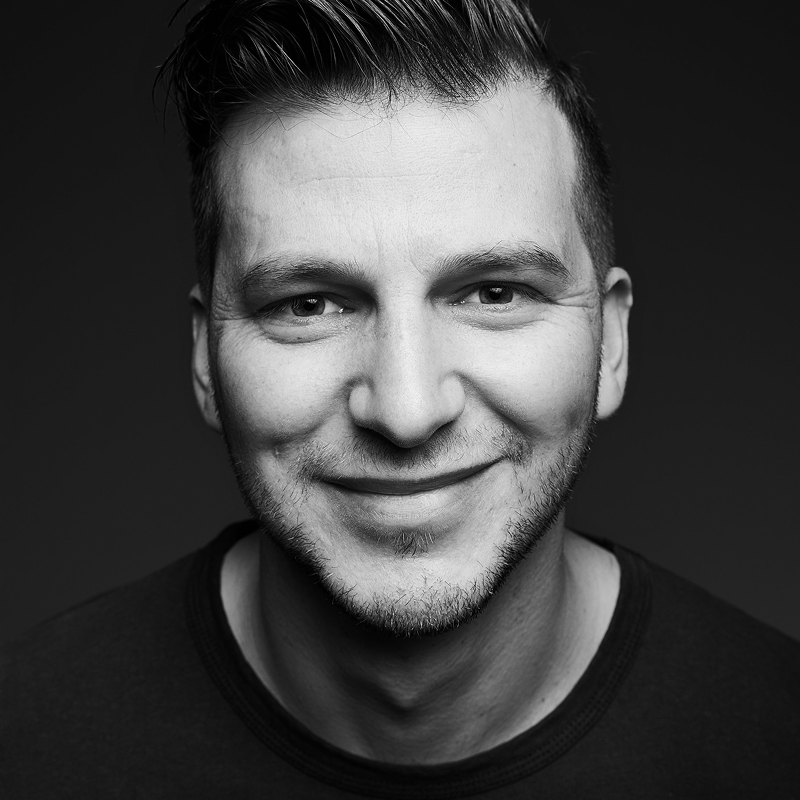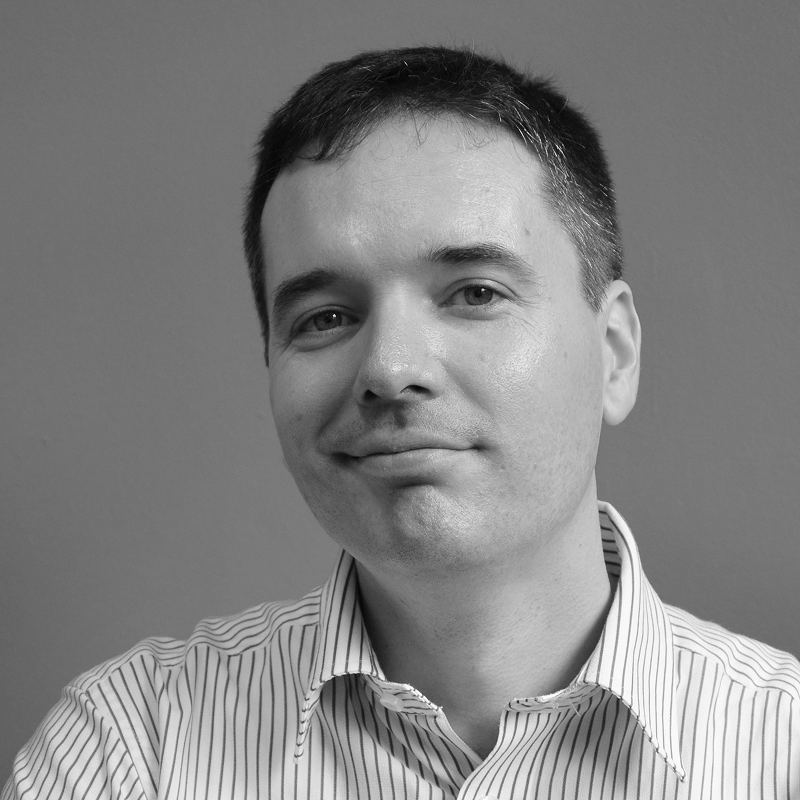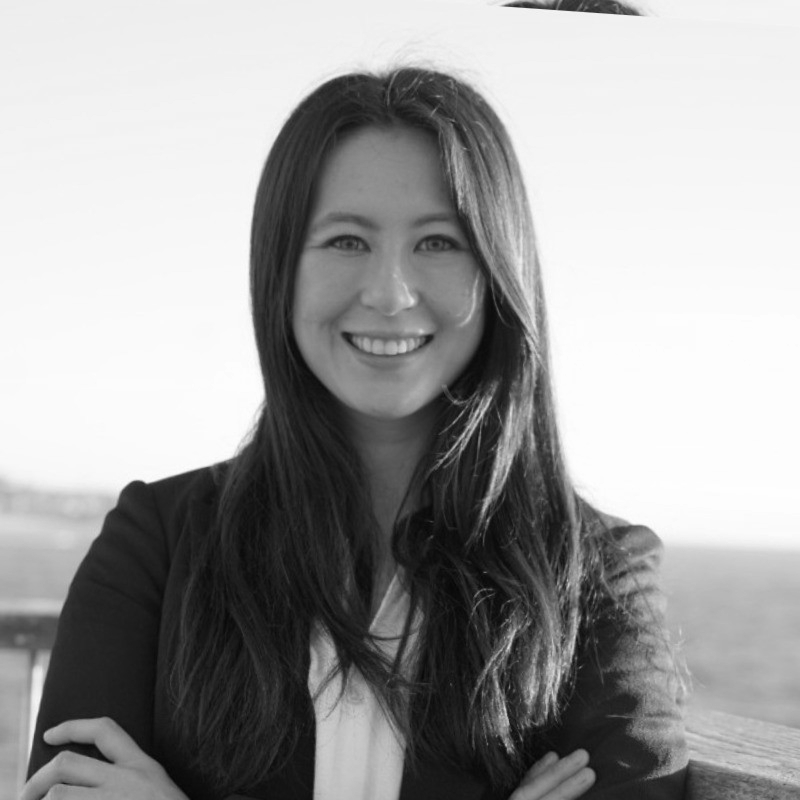
ASKING FOR A FRIEND
How do you go about finding a job with little to no experience?
ASKING FOR A FRIEND - QUESTION
Finding your first job can feel like a dead-end if you don’t have the “right” experience. But you’re probably more qualified than you think. In this conversation, organisational psychologist Ben Searle and creative director Shane Geffen offer thoughtful, practical advice for early-career creatives. From spotting transferable skills to creating your own opportunities, they share ways to move forward that feel proactive, not performative. This is one for anyone feeling stuck, unsure, or just tired of being told to “just keep applying.”
Starting your career can feel like being stuck in a loop — you need experience to get a job, but you need a job to get experience. If you’ve ever looked at a job ad asking for three years of experience for a junior role and felt your heart sink, you’re not the only one.
The encouraging news? You don’t need to wait around for someone to hand you a golden opportunity. There are practical, thoughtful ways to get started — even if your CV doesn’t scream “industry-ready” just yet. It’s about seeing your current experience through a different lens, getting creative about how you show up, and most importantly, taking action.
This conversation brings together two brilliant minds: Ben Searle, an organisational psychologist with over 20 years of experience in workplace wellbeing, burnout, and career development, and Shane Geffen, Executive Creative Director at HERO/McCann Melbourne, who’s hired and mentored junior creatives all over the globe. Hosting the chat is Rebecca Jones-Bateman, Brand Manager at Bayer and Head of Community and Growth at Never Not Creative — someone who genuinely cares about making the industry more supportive and sustainable for newcomers.
Look at the work you're already doing
Ben reminds us that we often overlook the value of the work we’re already doing:
"Look at any work that you're already doing and whether there are aspects of that that may be relevant to the job that you want and focus on building those skills further and documenting those skills."
He shares a story that many of us can relate to. A woman applying for a role in organisational psychology had been an assistant manager at KFC — but dismissed it as irrelevant. Ben challenged that:
"Do you need to lead people in that role? Do you ever select people? Do you ever train people? Do you ever need to work on staff morale or deal with difficult customers? Because those are all skills that are fundamental to some of the things that she was aspiring to do, but she wrote that all off because it wasn't the sort of job that she wanted to be doing."
Just because something doesn’t sound impressive in a cover letter doesn’t mean it’s not valuable. Your experience counts, even when it doesn’t come with a fancy title.
Craft your current role to build relevant experience
Ben introduces a concept called "job crafting" — the idea that you can subtly shift what you’re doing now to edge closer to what you actually want to do.
"Maybe you could offer to write the department's newsletter, maybe you could offer to organize a planning day, do something that isn't currently part of your role but which might as well be done by you as by someone else."
You don’t need permission to grow — and sometimes the smallest additions to your role can have a big impact. You get experience, your colleagues get support, and occasionally, someone might even owe you a favour:
"You might find that someone owes you a favor out of that as well," Ben adds.
Create your own opportunities
When paid roles are scarce or nonexistent, Ben encourages people to think beyond the job board:
"Think about is there a way to create your own work."
He references advice given to performing arts students in Western Australia:
"Don't expect there to be any work, there isn't work for actors, what you need to do is go out and create work."
This could mean running a pub quiz, starting after-school classes, offering to redesign flyers for a community event, or pitching copywriting help to a local business.
"There are things that you can do that get you rungs on the board in terms of experience even if they aren't in those roles," Ben explains.
It doesn’t need to be big or impressive — just real, meaningful, and yours.
Research and connect with people in your target field
Shane makes a strong case for doing your homework — and then reaching out:
"Research what type of role you want to get into and try and track down the people in those roles that you want to speak to."
And don’t just talk about how passionate you are — show it:
"Is there something that you can do that shows how really interested you are in working in that field?"
For Shane, this might look like a spec idea for one of his agency’s clients:
"Coming up with a spec idea for a client that we have – it shows me their passion and their enthusiasm to work at this place."
Leverage networking and word-of-mouth opportunities
Connections still matter — but not in a gross, transactional way. Shane says:
"A lot of opportunities arise from word of mouth, so the larger your network is, those opportunities happen more frequently."
Sometimes it’s not about landing a job right away, it’s about leaving a good impression:
"Even if we don't have a position for them now, maybe I know someone, one of my colleagues or ex-colleagues that might, if they've made a lasting impression on me."
The creative industry is smaller than it seems. People remember curiosity, generosity, and initiative.
Take action rather than waiting
Both Ben and Shane agree — the worst thing you can do is wait around hoping someone will notice you.
Ben puts it plainly:
"With any of these things, I guess the message is to try doing something rather than waiting around for the opportunity."
Shane echoes that: showing up, starting something, or asking thoughtful questions says far more than just submitting your fifth application of the week.
You're not starting from zero
It might feel like you’re starting from scratch — but you’re not. You’ve already got skills, stories, and the ability to learn. You just need to start noticing them.
Whether it’s something you’ve done in a casual job, a community project, or your own time, it counts. The key is to build on what’s already there — and show up with a bit of heart and a lot of curiosity.
Every creative started somewhere. The ones who stuck around weren’t necessarily the most polished — just the ones who kept finding ways to grow.
Never Not Finishing School
If you’re a recent grad and want something to help you bridge the gap between study and working life, Never Not Finishing School is worth a look. It’s a 7-week online program that covers everything from how to talk about your work without cringing, to looking after your wellbeing while job hunting. Run by industry leaders and folks who’ve just been through the same thing, it’s made for people who want support, not pressure. Learn more about Never Not Finishing School.
NNC's Guide to Landing an Internship
If internships feel like the right next step, Never Not Creative’s got a practical guide that helps you approach businesses even if they’re not actively hiring interns. It includes thoughtful ways to stand out and make it “harder for them to say no than to say yes.” Because sometimes, all it takes is showing someone exactly where you’d fit. Download the internship guide.
our guests
Industry Leader

Shane Geffen
HERE / McCann
Mental Health Expert

Ben Searle
Host

